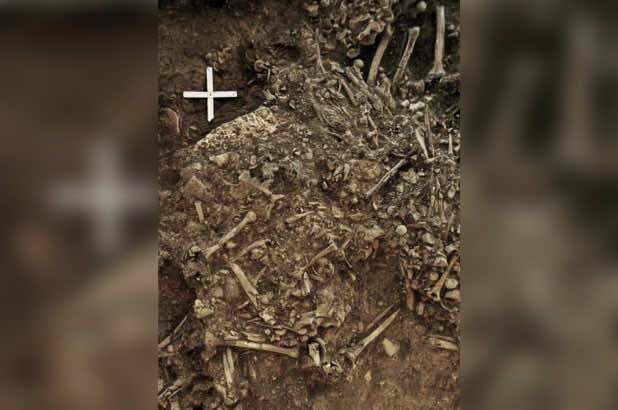The plague has been one of the deadliest epidemics to hit the surface of the earth. It caused numerous deaths and several medical complications among people years ago. Ever since the era of plague has always been considered a dark one in the history of medicine. Scientists have discovered an unknown and quite astonishing fact about the plague recently.
They have unearthed the skeleton of a 5000-year-old hunter and a strain of plague is found in his body. Earlier, it was believed that the origin of plague lied 3000 years ago but this revelation has dragged it back by 2000 years. The bacterium is called Yersina Pestis that caused the plague. Archaeologists believe that the date discovered now is most probably the date when the bacterium evolved initially. The research is based in the University of Kiel from Germany.

The hunter-gatherer is now named RV2039. He is determined to be between the ages of 20 to 30. His body was found with four other persons in a small graveyard beside the Baltic Sea in Latvia. The genome sequencing was done on the DNA found in their teeth and it was found that the strains of the bacterium causing the plague were present in the samples. It was deduced that they were buried together because they were the victims of the disease.

The strain that caused all this was present earlier in those bodies, but it was at its initial stages. This uncovers a surprising truth that even slight changes in genome sequences or strains that are transmitted over time can lead to appalling and devastating consequences. It was also concluded that the strain was transmitted in the hunter-gatherer’s body through a rodent bite. This rodent is believed to be a beaver and its bite was the reason for transmission. More findings and deductions can be read in the journal, Cell Reports, published on June 29.


